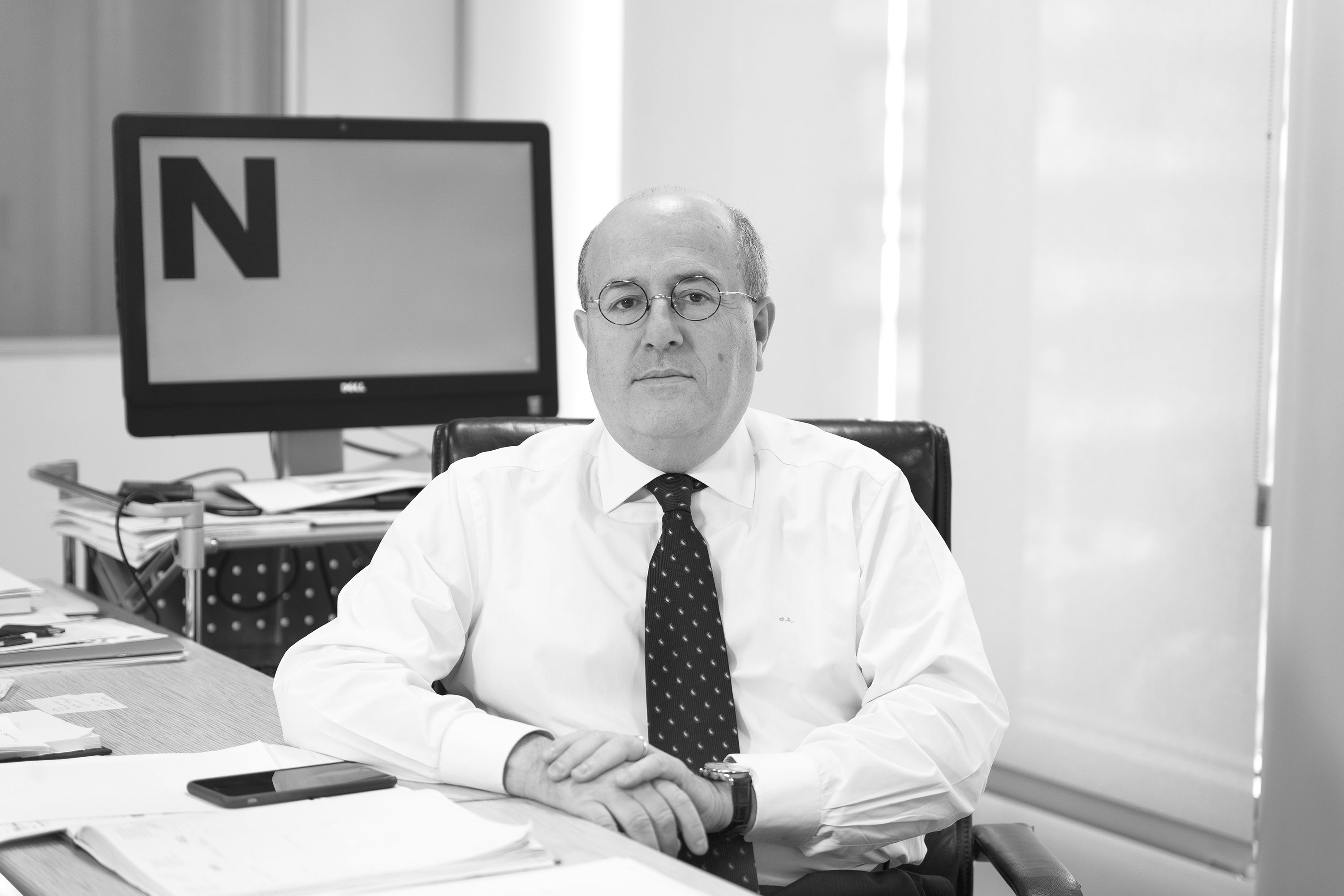Supreme Court judge Pablo Llarena has suspended president Carles Puigdemont and Oriol Junqueras, Jordi Turull, Josep Rull, Raül Romeva and Jordi Sànchez from their positions as deputies in the Catalan Parliament, thus concluding the investigation he's headed against the pro-independence leaders for the events in front of the Catalan economy ministry on 20th September last year, the 1st October independence referendum and the declaration of independence on 27th October. Although it's not the first time we've pointed it out, we have to highlight it again: the investigating judge has reached a series of conclusions and, as a consequence, has formulated a series of accusations of rebellion and misuse of public funds based on events which didn't happen in the way he has described in a long-winded series of rulings. Sometimes, they didn't happen as he reports and, in other cases, they're not proved by documents. The rule of law in Spain has seen a dark chapter, very dark, which will have, I have no doubt, serious consequences in the future and which will be a heavy weight reputationally for its image.
For those who didn't believe it, it was true: from the application of article 384.2 of the Criminal Procedure Act designed for terrorism cases to the timing of the announcement, the day after the meeting between the Spanish prime minister, Pedro Sánchez, and the Catalan president, Quim Torra. Monday it was time for dialogue and Tuesday the suspension of six(!) deputies without a firm sentence, without any trial and when the ruling is not final and can be appealed. Here there's a legal crack, surely, by which the Parliament doesn't have to suspend its members and can defend their rights which, at the end of the day, are the rights of the citizens who voted for them and who they represent.
Judge Llarena has perpetrated in many aspects a true shoddy job. But although that's important, since at stake there is the deprivation of the freedom of honourable people, the loss of basic rights, the altering of political decisions as important as who can or cannot be president of Catalonia... the most serious thing of all, currently, is the political (and reactionary) arm-wrestling match he's just started with the Parliament of Catalonia. A trial of political dissent set within an act of rebellion and with the final decision the Parliament will take hanging over the heads of the deputies involved. It's that simple and that cruel. And that difficult. Europe leaves them free and the Parliament has to suspend them? The ratafia hasn't had the effects hoped for and the justice system has had control over the state for some time.
Postscript. The judiciary asking the PSOE government for cover for its decisions so they're not judged by the Belgian courts and so that Pablo Llarena doesn't have to appear there in September in response to the summons from Brussels is one for the ages. But it's surpassed by minister Josep Borrell ordering the ambassador to defend the judge's immunity. It must be a new version of the separation of powers.

